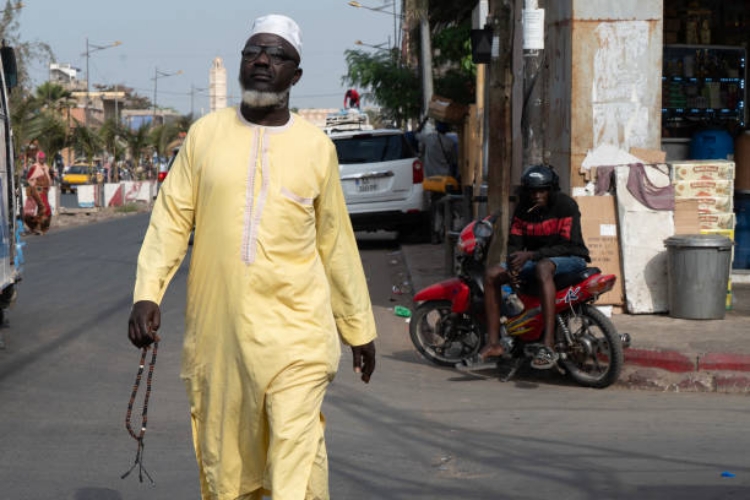Gambiaj.com – (BANJUL, The Gambia) – Justice Ebrima Jaiteh of the Banjul High Court has ruled in favor of Paulo Djabi, allowing him to access 25% of the funds previously seized by the Drug Law Enforcement Agency (DLEAG) to cover reasonable living expenses and litigation fees. This decision comes amid an ongoing criminal case in which Djabi faces 21 charges related to drug trafficking and money laundering.
The court order, made in relation to a motion filed by Djabi’s counsel, Sheriff Marie Tambadou, on June 5, 2024, permits Djabi access to part of his seized funds. Djabi’s assets—including cash, vehicles, and a motorcycle—were initially impounded on October 31, 2023, following a High Court directive. Tambadou, advocating for his client, requested either a variance of the court’s earlier orders from April 30, 2024, or access to 50% of Djabi’s seized funds to sustain his household and legal defense.
Tambadou, citing the Anti-Money Laundering and Terrorism Financing Act, argued that Djabi’s inability to access his funds hampered his right to a fair defense and adequate living support. He further contended that the initial restraining order’s six-month extension, granted on April 30, exceeded the court’s authority as outlined under section 51 of the Act. According to Tambadou, the law allows an accused person to access necessary funds to maintain reasonable living standards and to mount a defense.
In opposition, the State, represented by Counsel Lamin Jarju, argued that the motion was misguided, asserting that Djabi had not disclosed the specific amount requested for his expenses. Jarju highlighted that the seized assets, which include €69,000, $5,000, and additional sums in CFA francs, are directly connected to the money laundering charges against Djabi. He also challenged the admissibility of evidence related to Djabi’s medical needs.
Justice Jaiteh, in his ruling, clarified that under section 51(6) of the Anti-Money Laundering and Terrorism Financing Act, a charged individual has the right to access funds to sustain basic living expenses and cover legal fees. Noting that Djabi has secured legal representation with an invoice of D250,000 submitted for his defense, Justice Jaiteh concluded that Djabi’s counsel’s expenses were justified.
“This fact is not denied, and the court can take judicial notice of the appearance of counsel in the matter,” stated Justice Jaiteh in his ruling, solidifying Djabi’s access to the funds under judicial oversight.










